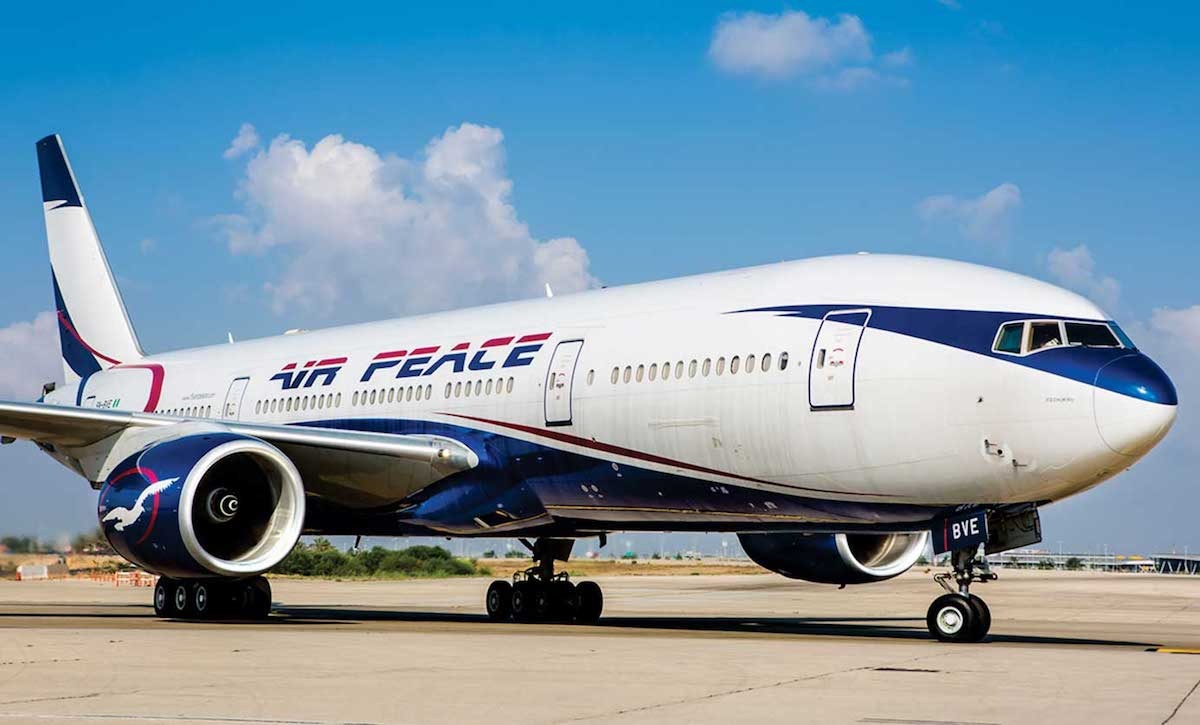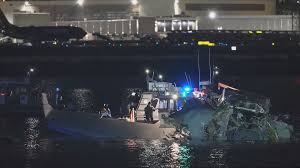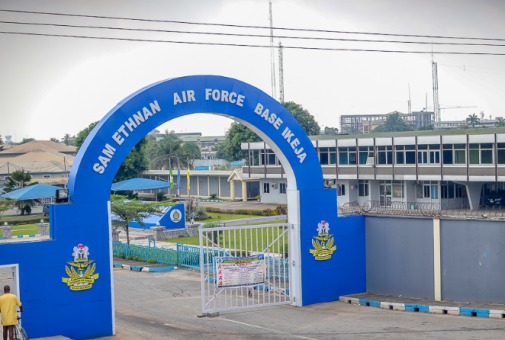Nigerian Airspace Management Agency, NAMA, has identified challenges hindering the effectiveness of aviation security in Nigeria, saying they include lack of Synergy among security agencies, inadequate investment in security infrastructure and poor recruitment.
NAMA, which said collaboration among security agencies was weak despite the shared responsibility for securing aviation infrastructure, added that motivation among aviation security personnel was poor.
The agency’s Managing Director, Engr Farouk Ahmed, said this at the aviation security stakeholders symposium themed: ‘Fundamentality of Aviation Security in Achieving the Safe Skies Goal,’ organised by the Nigerian Civil Aviation Authority, NCAA, in Lagos.
Represented by Isemiuhonmon Egbadon, Ahmed said the absence of structured inter-agency communication channels and overlapping mandates were compromising the effectiveness of security operations at airports.
His words: “This lack of synergy delays critical decision-making hinders unified responses to security threats. There is inadequate investment in security infrastructure and equipment. Many airports and airspace facilities are yet to benefit from modern security technologies.
“Obsolete screening systems, inadequate perimeter fencing, poor surveillance coverage and limited access control systems expose key installations to avoidable threats. The integration of physical and cyber-security systems remains suboptimal, limiting the ability to detect, deter and respond to security breaches in real time.
“The critical role of aviation security personnel is undermined by insufficient training, poor remuneration and limited opportunities for career development. Several frontline officers are not conversant with evolving international security standards, while low morale continues to affect performance, vigilance and professionalism.
“A growing concern is the deployment of inadequately qualified individuals into sensitive aviation security positions. These appointments often bypass necessary screening. certification and background verification processes required by International Civil Aviation Organisation, ICAO Annex 17 and national civil aviation regulations. The result is a vulnerability in the leadership and execution of security protocols at airports and related facilities.”
On recommendations, he said: “The creation of a national aviation security coordination framework, anchored by FAAN and regularly inspected or audited by NCAA, to drive seamless collaboration among all security stakeholders. This task force should convene regularly to share intelligence, develop joint action plans, conduct simulations and issue coordinated advisories. Federal and state authorities, in partnership with the private sector, must invest in modern aviation security equipment. This includes biometric access systems, smart surveillance solutions, integrated command centres and advanced threat detection tools. Funding mechanisms should be developed to ensure sustained upgrades and maintenance.
“Security personnel should undergo recurrent training accredited by ICAO and relevant bodies. Training must cover not only physical security but also cyber security, behavioural detection, and emergency response Additionally, structured motivation frameworks- including health benefits, hazard allowances, and career progression plans-should be introduced to retain top talent.
“All recruitment into aviation security roles must strictly comply with prescribed certification, background verification, and competency criteria A centralised vetting system should be established by the NCAA.”
In a similar development, Chairman of Air Peace, Allen Onyema, warned that with global threats evolving at breakneck speed, Nigeria’s aviation architecture must be continuously reimagined and strengthened.
Onyema said no agency or operator could do it alone, adding: “Airlines, airport authorities, security agencies, regulators and private sector partners must work in concert.”
He highlighted how Air Peace has modelled this collaborative approach by investing in cutting-edge security technology, continuous training and institutional partnerships.
He, however, cautioned against overreliance on hardware and checklists, saying security was also about mindset.
According to him, vigilance, intelligence-sharing and uncompromising compliance must be cultural norms across the aviation ecosystem.
He said: “Let us share best practices, raise hard questions, and commit to actionable outcomes.”



